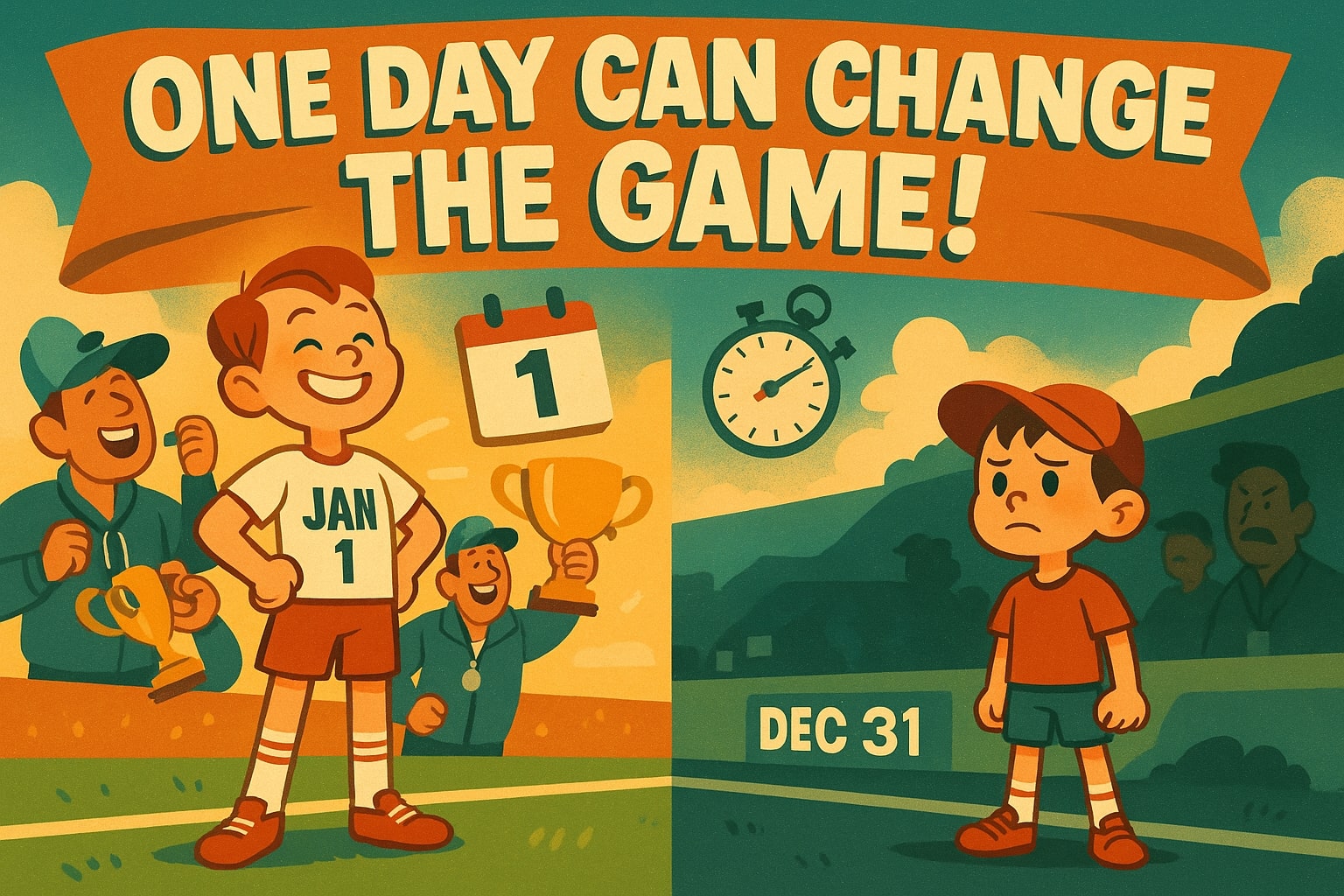Figuring out your age sounds simple, but the way it’s calculated can vary more than you might expect. From cultural differences to the way digital age calculators work, there are hidden complexities that can lead to confusion—or even major consequences. That’s why understanding how age is measured across systems isn’t just interesting—it’s practical. For tools that help with real-world tasks—like planning, counting days, or working out everyday details—the Everyday Life Calculators section is where to start.
How Age is Commonly Calculated
In most Western countries, age is determined by birth anniversaries. You turn a year older on your birthday, and not a moment before. So, if someone is 3 years and 11 months old, they’re still considered 3—until the calendar hits their actual birthdate again.
This approach is used in almost everything official: legal documents, school registrations, healthcare forms, and more. It’s the method behind most age calculator tools, birthday calculators, and chronological age finders, which makes it the standard across digital systems too.
The Traditional Chinese Way of Measuring Age
In contrast, the Traditional Chinese Age System takes a completely different approach. According to this system, a person is already 1 year old at birth, and everyone adds another year not on their birthday, but on the Lunar New Year.
That means a baby born just before the New Year could be considered 2 years old within days, even if they've only lived a few sunsets. While this might sound strange to outsiders, it’s a deeply respected tradition and still plays a role in East Asian cultural practices today.

Sports and the One-Day Rule
In competitive sports, age isn’t just a number—it’s a game-changer. Especially in youth leagues, where age group divisions determine who plays and who sits out.
Picture this: two kids are born in the same year, one on January 1st and the other on December 31st. While they share a birth year, the first child has nearly a full year’s physical and cognitive advantage. That edge can impact everything from team selection to scholarships.
Over time, the difference compounds—older players tend to get noticed early, while younger ones can fall behind. That’s why coaches rely on exact birthdates, using tools like a birthday calculator or age-by-date finder to assess players fairly.
So yes, calculating your age to the day matters, especially when it shapes your opportunities.

How Many Days Old Are You?
You might know your age in years, but what about in days, minutes, or seconds? That’s where fun age counters come in. These tools go beyond the basics and give you cool insights like:
-
How many days old you are
-
How many hours you’ve been alive
-
When your 10,000th day will land (party idea?)
It’s one thing to say “I’m 29,” and quite another to say “I’ve been alive for over 15 million minutes.” Suddenly, age becomes a fun fact instead of just a number.
Whether you’re curious about your life stats, want to celebrate a quirky milestone, or just enjoy tracking time, tools like an age calculator or life duration counter can turn the ordinary into something memorable. For expecting parents, the Due Date Calculator gives a quick estimate of when the baby is likely to arrive—just plug in the last menstrual period.

